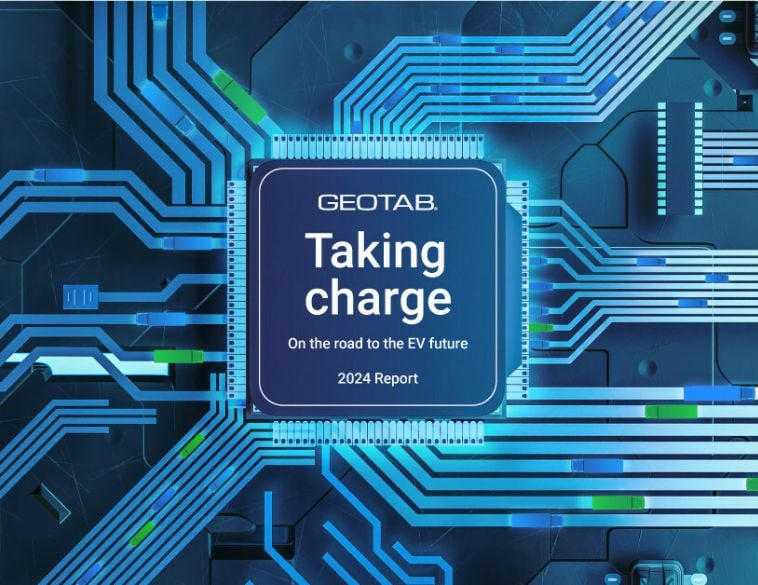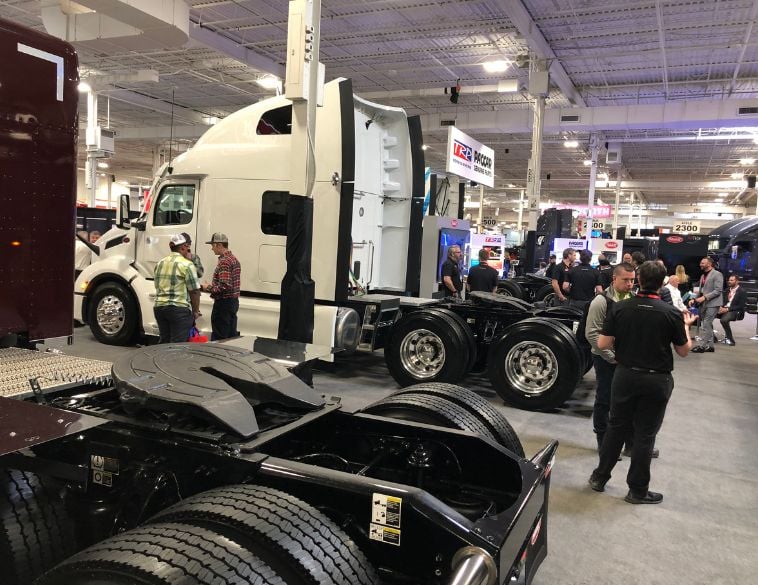Centralization is still valid for fleet organizations today.
In recent months I have been working on a couple of fleet studies and came across something, and I would hesitate to call it a trend, that is counter to the fleet industry reliance on centralization.
In one case, a small municipality leaves all fleet acquisition, maintenance, operations and policy decisions up to the four individual departments—and each one handles the vehicles under their care differently. In the other, the bulk of the fleet is centralized, but one department (fire) has broken away from centralized management to operate their own maintenance, replacement and operational programs. These two examples were enough to pique my curiosity.
As I investigated further, I came across a recent article by my colleague Adlore Chaudier, PhD, lamenting this very thing. He notes that, after decades of pursuing increased centralized management for the U.S. Federal Government fleet, an executive order released in 2018 shifted overall responsibility for fleet strategy from the General Services Administration (GSA) to two other departments who promptly handed over discretion to each of the federal agencies that operate fleets.
I am not suggesting that the U.S. Federal Government decision influenced those two Canadian fleets, but want to reemphasize the value of fleet centralization to all.
Benefits of centralization
Traditionally, and I would argue this is still valid, the fleet centralization decision is driven by four factors—efficiency, expertise, liability and cost. Proponents of decentralization argued that the responsiveness of the fleet organization depended on being close to end users. However, we know that a well-managed, central fleet organizations run by a qualified expert can meet the needs of diverse organizations whilst enjoying the benefits of centralization.
Centralizing fleet functions increases efficiency, as it allows for a single decision-maker to have complete visibility over all operational fleet decisions. This, in turn, avoids duplication of responsibilities. Centralized acquisition results in greater fleet standardization which means fewer parts on hand, less training required for mechanics and easier transferability of drivers. These efficiencies translate to overall savings for organizations where fleet is often a major spend.
Fleet management is a complex business. Mobility, autonomous, telematics, alternate fuels are all industry trends that require the knowledge of a qualified expert. Finding one such expert can be challenging, let alone finding several such individuals to manage disparate fleets throughout an organization.
Once organizations hire an expert, they should invest in continued training to keep them up to date. Centralization allows an organization to concentrate scarce training dollars.
Liability and risk
The third area of consideration is liability. Fleet operations involve the risk of damages to organizational resources and personnel. The regulatory environment is complex and ever-changing and fleet experts should keep abreast of laws on activities from hours of service to pre-trip inspections. There should be a central point of focus, headed by trained and expert personnel, to coordinate the fleet risk management strategy of the organization.
As mentioned, the vehicle fleet can be one of the most significant costs to an organization, not only for vehicle acquisition but also for operating and administrative costs. Both fixed costs and operating costs are increasing as vehicles are more expensive to purchase and to operate. Consolidating management can decrease administrative costs and using bulk purchasing for vehicles as well as maintenance and fuel services can result in significant savings.
Centralization, then, remains a best practice in fleet procurement and management as it results in personnel efficiencies, maximizes personnel expertise, delivers a cohesive risk strategy, and ultimately saves money.



